Wellness, sustainability and experience are top tea trends for the year ahead, according to a report commissioned by National Tea Day.
Millennialshave made their mark and transformed the tea sector, said the report, which collated research from tea brands, consumers and venues.
“Three definitive trends will shake up hospitality in 2019 as consumers seek out tea which has added health benefits, is sustainable and gives them an experience,” said Marco Geraghty, founder at National Tea Day, which takes place on 21 April.
Half of tea brands surveyed said the demographic showing most growth was 24-to 35-year-olds, and that 69% of growth was from female tea drinkers.
“The shift is led by Millennials who have a fundamental difference in their outlook on tea compared to their generational counterparts,” Geraghty added.
Experience
Tea is no longer viewed as a routine beverage but instead as an experience, according to the report.
Researchers found that 95% of London’s food and beverage leaders believed experience was key to remaining competitive, and where an experience was most prevalent was in afternoon tea.
“The demand for innovation and differentiation is a key factor in why we are seeing such a modernist approach to afternoon tea services,” said Diaz Ayub, tea futurist at National Tea Day.
“The afternoon tea dining experience is one of the most coveted and, thanks to its significant above-the-line media positioning, is a firm favourite amongst diners in Britain.”
British Baker subscribers can read our report on the endless possibilities provided by afternoon tea here.
Wellness
Eighty per cent of tea brands interviewed by National Tea Day said health and wellness teas were a growth area for them.
Consumers said they were willing to pay around £5 for a speciality tea – more than double they would fork out for breakfast tea (£1.85) and herbal tea (£2.20).
Andrew Byron at Teapigs said: “More consumers are looking for drinks that give them specific health benefits and demand for healthy green and herbal teas is growing.”
He added that Teapigs had noticed popularity for its “feel good” tea range, as well its range of Matcha green tea.
Sustainable and ethical
It’s a bit of a no-brainer that sustainability made the top three, with retailers, bakery brands and manufacturers joining the UK Plastics Pact (organised by WRAP) among other schemes over the past year.
“Not only is it important to be innovative among a growing population of environmentally aware and wellness focused consumers, venues must also demonstrate an ethically motivated culture,” the report said.
Examples included Clipper Teas, which recently secured a listing on EasyJet flights after pledging to remove all traces of plastic, and conscientious tea brand Hope & Glory tea, which was built around sustainability and sources leaves solely from ethical growers they have met personally.


























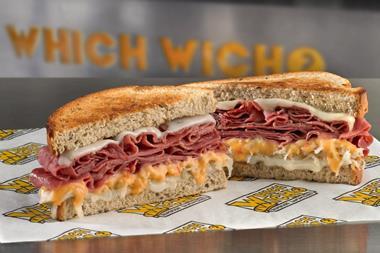
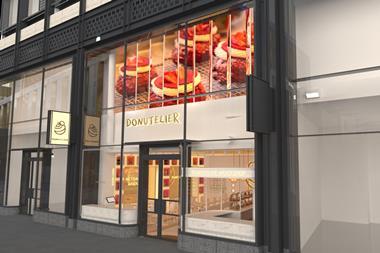
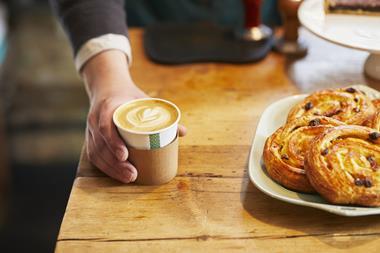
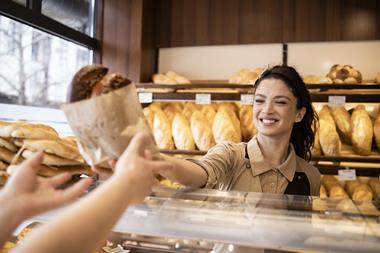
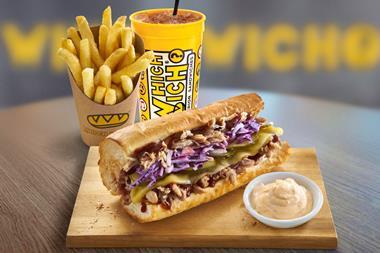

No comments yet